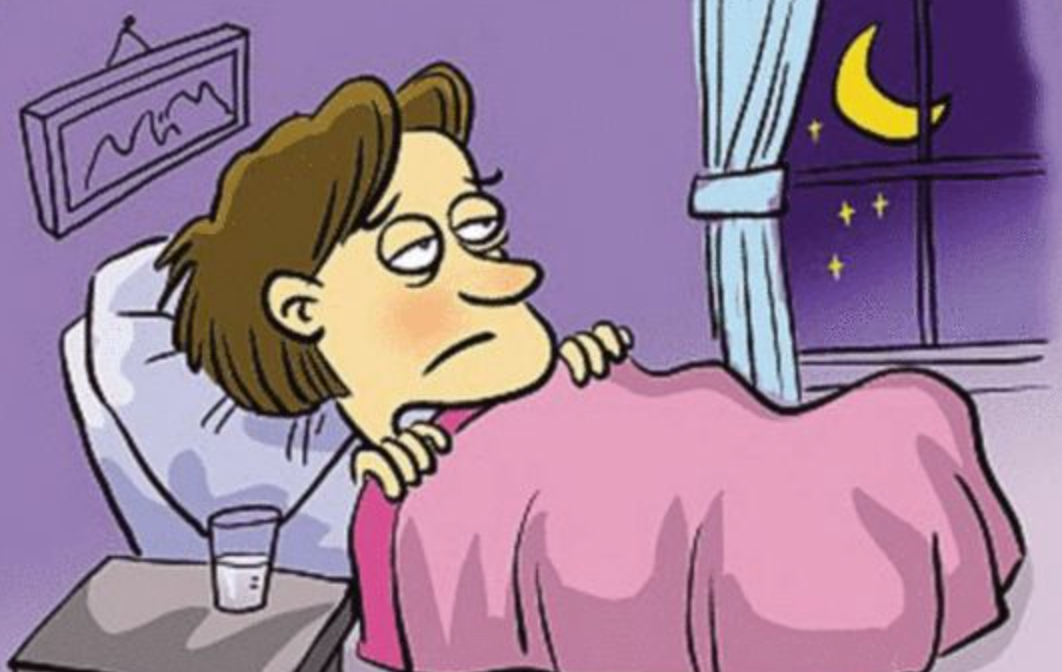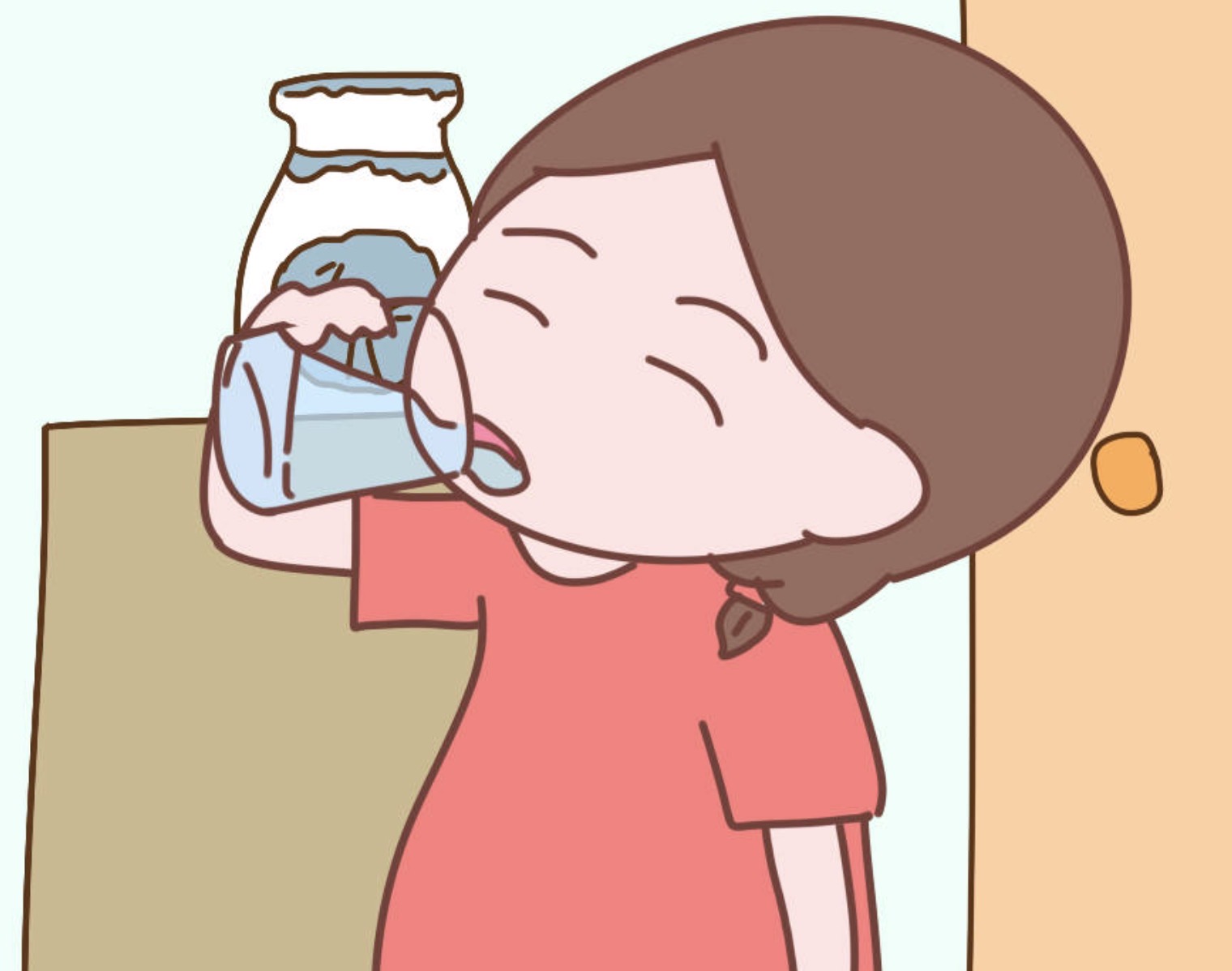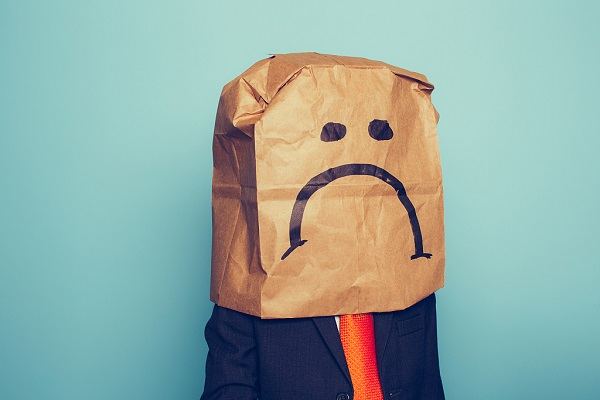Many people have experienced waking up in the early hours of the morning, unable to fall back asleep despite having a few more hours until their alarm goes off. But what exactly is considered early waking, and is it a sign of aging?
Early waking is a common insomnia symptom among middle-aged and older individuals. It refers to waking up suddenly after falling asleep and then struggling to fall back asleep. In clinical medicine, waking up between 2 and 4 AM and being unable to fall back asleep is considered early waking.
As we age, the secretion of melatonin and growth hormones gradually decreases, leading to a decline in sleep quality and the occurrence of early waking. But what does it imply when young people frequently experience early waking?
Firstly, let's understand what affects our sleep. The duration of sleep is closely related to hormones in our body, especially two key hormones:
1. Cortisol: Cortisol is the wakefulness hormone, with its highest levels around 8 AM and a sharp decrease by around 2 AM. Increased stress can also elevate cortisol levels, making it easier to wake up or have difficulty falling asleep.
2. Melatonin: Melatonin is the sleep-inducing hormone. During the day, sunlight suppresses the pineal gland in the brain, reducing melatonin secretion. At night, the pineal gland receives signals from the adrenal glands and starts to secrete melatonin, helping us fall asleep.
Early waking is a typical manifestation of sleep disorders. It reduces the accumulated sleep time during the night, resulting in insufficient deep sleep and causing dizziness and disorientation upon waking up. Clinically, individuals experiencing early waking are more prone to anxiety and tension.
Frequent early waking should raise concerns about potential underlying conditions, including vitamin D deficiency, thyroid disorders, respiratory problems, sleep apnea, mild depression, acid reflux, and frequent nocturia.
Is the "8-hour sleep rule" reliable?
According to the National Sleep Foundation in the United States, adults between the ages of 18 and 64 require 7 to 9 hours of sleep per day.
What is the healthiest time to go to sleep?
After collecting data from over 100,000 participants in the UK Biobank, the European Heart Journal-Digital Health concluded that the optimal bedtime falls between 10 PM and 11 PM, while going to bed in the early morning hours poses the highest risk of developing health problems.
Does frequent early waking affect health? Three things to consider
As hormone secretion decreases with age, it can disrupt sleep and lead to early waking. Early waking should not be underestimated, as it can have detrimental effects on the body. Insufficient sleep can cause fatigue, difficulty concentrating, decreased efficiency, and, in the long run, may lead to chest discomfort and palpitations.
So, what can be done to alleviate this situation? Here are a few suggestions:
1. Maintain a regular routine: Try to wake up at the same time every day, including weekends, and avoid going to bed too late. Establishing a stable "biological clock" is essential. Oversleeping can fragment sleep or result in shallow sleep.
2. Control your diet: Avoid going to bed on an empty or full stomach, and limit the intake of caffeine-containing beverages, as they can affect the central nervous system and hinder falling asleep.
3. Learn to relax: Before bed, try deep breathing exercises such as abdominal breathing. Close your eyes, place your hands on your abdomen, inhale slowly, pause for 1 to 2 seconds, exhale slowly, and pause again for 1 to 2 seconds.
Another relaxation technique to try is progressive muscle relaxation: tightly clench your fists, contract your forearms, and experience the sensation of tension, followed by relaxation and the feeling of warmth as the muscles loosen.
4. Prepare for sleep: Taking a warm bath or soaking your feet before bed, wearing loose sleepwear, and selecting comfortable bedding can create a quiet and comfortable sleep environment.
Persistent insomnia is detrimental to overall health. If you have tried the above methods and your sleep hasn't improved, it is advisable to seek medical attention to identify the underlying cause and address it effectively.




